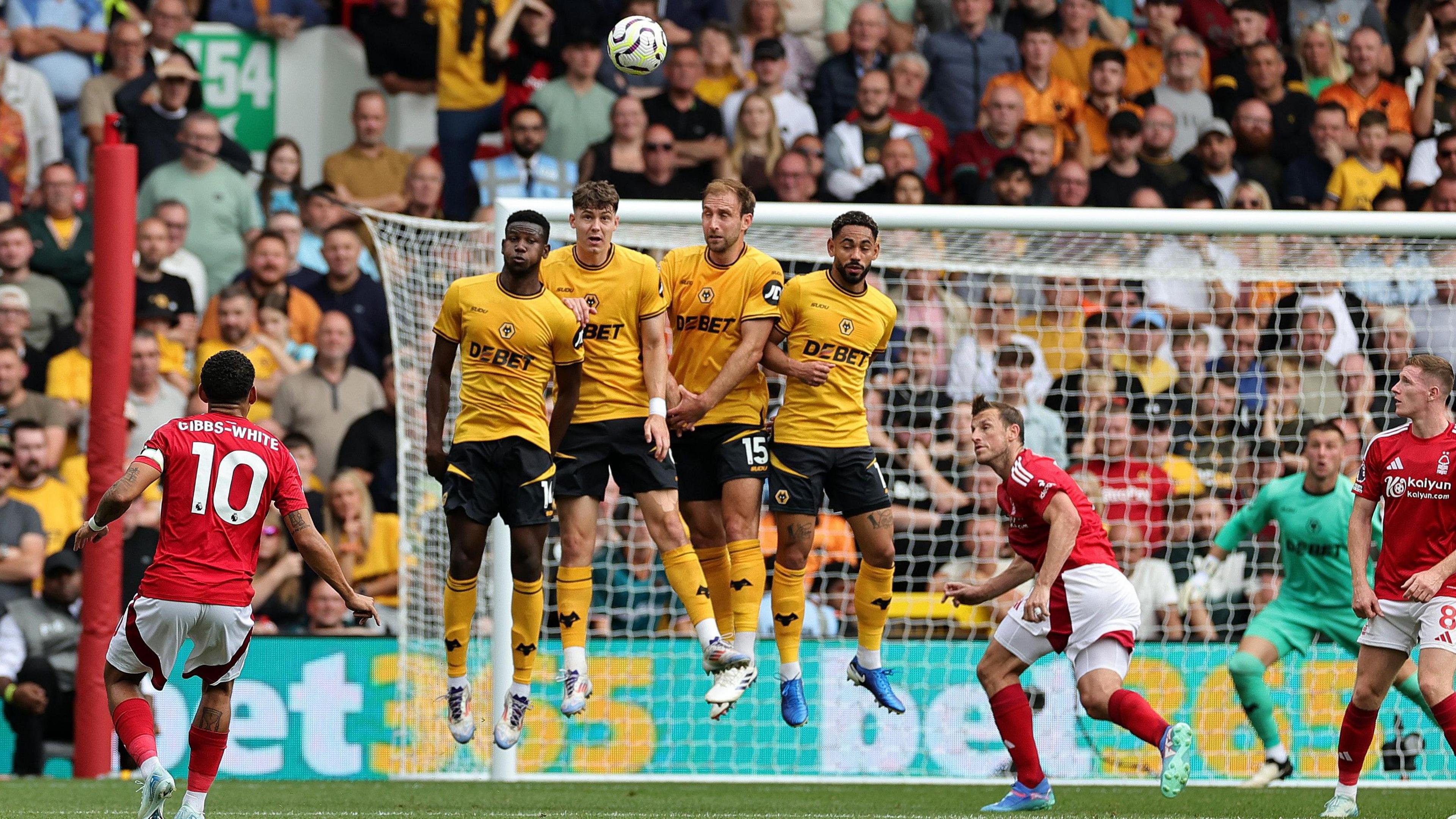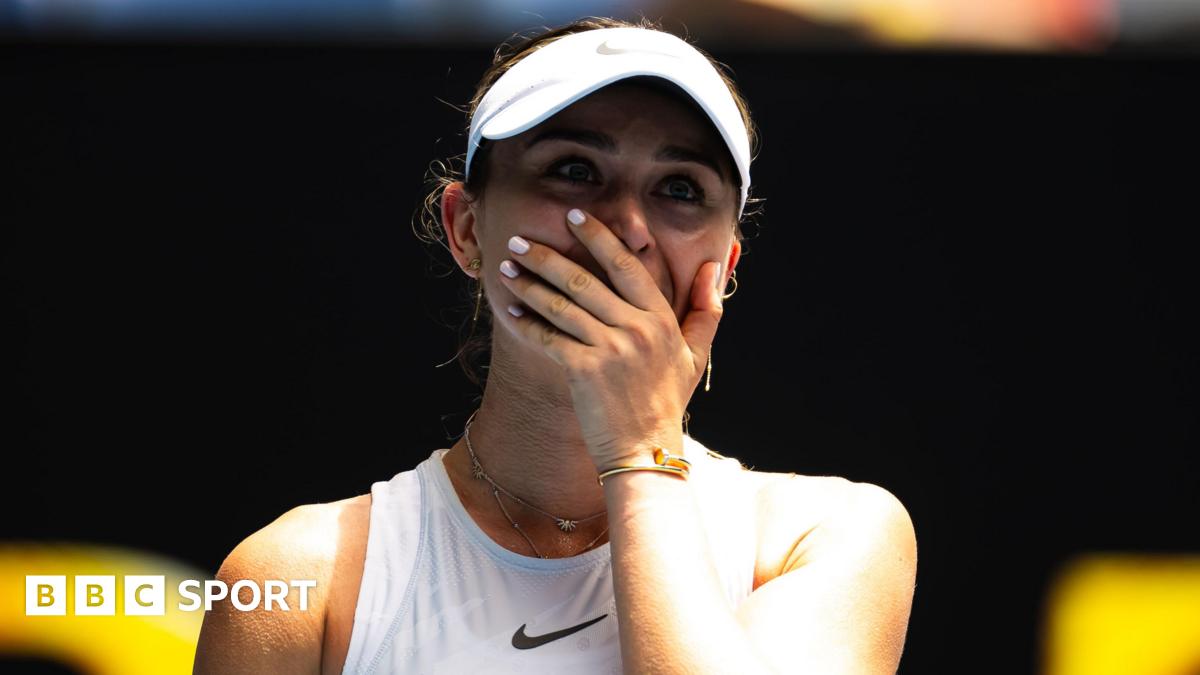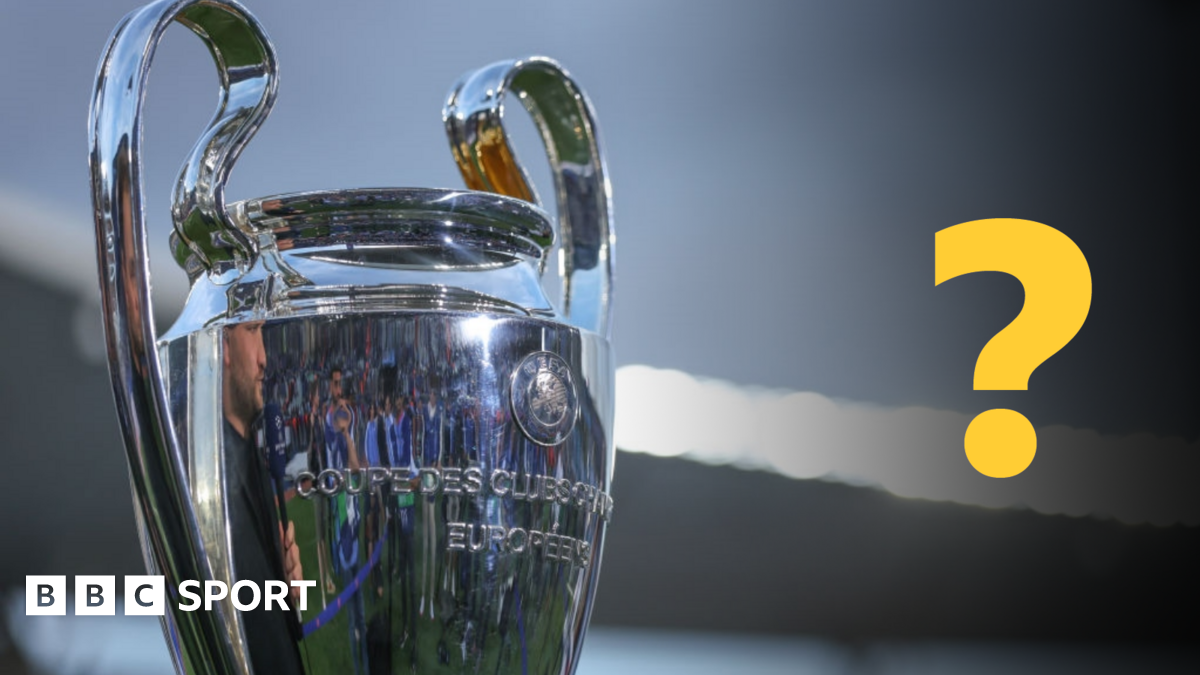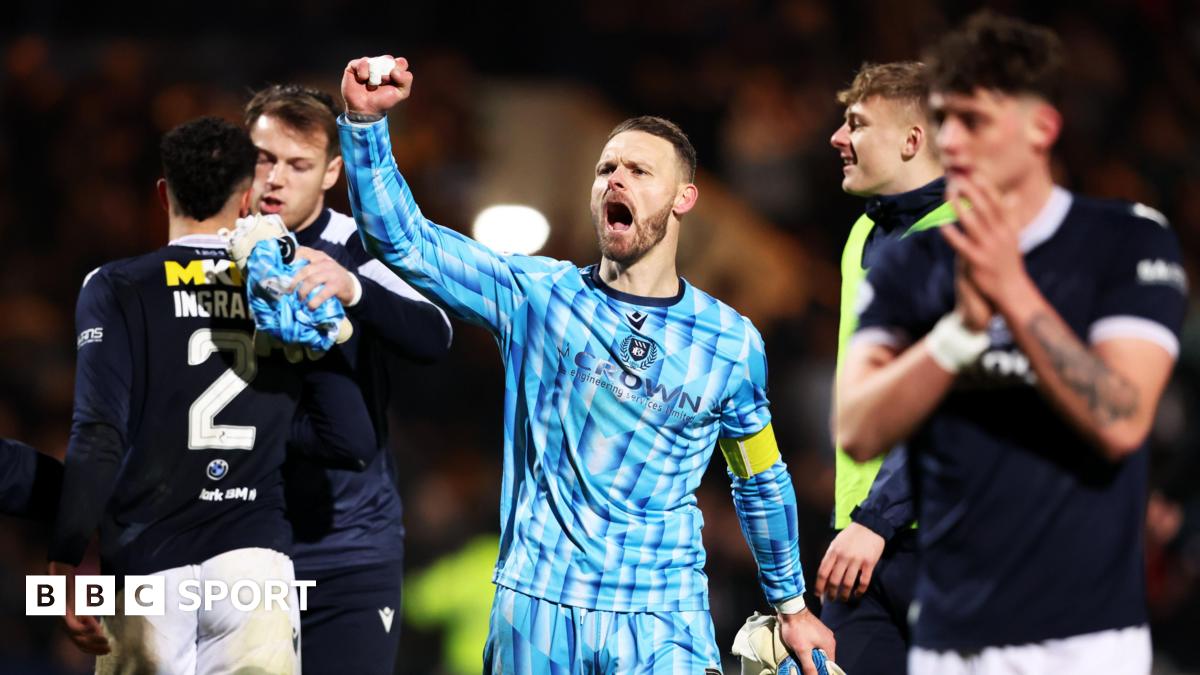ARTICLE AD BOX
 Image source, Getty Images
Image source, Getty Images
Successful set-pieces are often associated with specific work done on the training ground
BBC Sport football news reporter
"It's not a unique Brentford thing, it's something even the biggest clubs are implementing," says Bees director of football Phil Giles. "That's the bit where most people look at it and go, actually, this is a more recognised part of the game."
Giles is talking to BBC Sport about the rise of specialist set-piece coaches, with Brentford having been at the forefront for a decade.
The sight of a figure emerging from the dugout to preside over corner or free-kick routines is becoming more common, and the Bees have arguably been ahead of the curve as others have followed.
Indeed, Arsenal's Nicolas Jover, Manchester United's Andreas Georgson, Chelsea's Bernardo Cueva and Wolves' Jack Wilson all came through the club first.
The set-piece coach highlights the importance placed on the fine margins clubs are now searching for to get ahead.
"It is another weapon [set-pieces] we have," said Arsenal boss Mikel Arteta after the Gunners' 2-0 Champions League win over PSG, with Bukayo Saka scoring directly from a free-kick.
"We have great takers and at the moment a very physical team that can duel for the ball. We work on it a lot, so big credit to the coaches and then the players for buying into it and understanding that these things are game changers."
Last season 247 - 19.8% - of the 1,246 goals scored in the Premier League came from set-pieces (excluding penalties). That was actually down from a high of 28.5% in 2010-11.
This season 19.4% - 39 of the 201 goals so far - have been set-piece goals.
The kick-off, a set-piece in itself, also has potential and Brentford scored three times inside the opening minute - in successive games against Manchester City, Tottenham and West Ham after kicking off first.
While it may be an anomaly over the course of the season it is not a coincidence.
"Any situation like that where you know where our players can be, and where their place can be, gives you a chance to create something," says Giles.
"The ball being in your own half or in the middle of the pitch, it's a little bit more tricky so it's a bit unusual to do three in a row, but it's a situation you can kind of plan for and control.
"It's not lucky, but at the same time it's not very easily reproducible. We also conceded seven goals in those three games and not once did we score from the kick-off when we had the ball back."
A winning edge
Brentford's breeding ground of specialist coaches has not been by deliberate design but shows the impressive results the Bees have earned through their work.
Italy's Gianni Vio became their first set-piece specialist in 2015-16, before winning Euro 2020 with his country.
Georgson left for Arsenal and moved to Southampton before joining Manchester United this year, having been head coach at Norwegian side Lillestrom.
He was replaced by Jover, who is now in control of Arsenal's set-pieces after being at Manchester City, while Chelsea paid £750,000 to bring Cueva to Stamford Bridge in the summer.
Former Republic of Ireland international Keith Andrews joined Brentford from Sheffield United in July as his replacement.
Even Wilson, who was appointed Wolves' first set-piece coach from Manchester City in the summer, was an analyst with the Bees.
"Without that being necessarily ambition or an aim of ours, it's transpired some of the guys who've come and done that particular role here have done really well at some big clubs," says Giles.
"That's not how we intended it but it's hopefully a good reflection on the environment we have, that allows coaches to come in and be successful."
Brentford's success with set-pieces unsurprisingly follows FC Midtjylland's, as Matthew Benham took a controlling stake in 2014 - two years after he did with the Bees.
Benham, the former hedge fund manager and professional gambler, believes figures can provide a vital edge having made millions with his company Smartodds, which uses data to help clients make informed bets.
Midtjylland are the reigning Danish champions and the impact of Benham's data-driven approach was instant, the club winning their first Superliga title in 2015.
"In 2017-18 when we won the league, 30-31% of all goals we scored were after a set-piece. There's very tough data telling you, yes, there's definitely a correlation for winning games," director of football Peter Sand told BBC Sport.
"It's a very important part of our style of play and we address it with a lot of focus.
"We know from the set-piece data this is definitely what you can call a winning edge."
Innovation and improvement
Image source, Getty Images
Image caption,The 'draught excluder' has become a feature for defending free-kicks
Yet not every club feels the same. Tottenham, under Ange Postecoglou, do not have a specialist set-piece coach and, since the beginning of last season, Spurs have conceded more set piece goals (excluding penalties) than every Premier League team, except for Nottingham Forest.
At Chelsea Mauricio Pochettino didn’t have a set-piece coach, believing he did not need one, before the Blues hired Cueva with a new set-piece department being set up at Stamford Bridge.
That particular issue was one of the reasons for Chelsea replacing Pochettino with Enzo Maresca in the summer.
There needs to be buy-in for the position to work, and Austin MacPhee was one of the only staff kept on when Unai Emery replaced Steven Gerrard at Aston Villa two years ago.
Given how hands-on Emery is, it is a seal of approval in itself.
MacPhee - who joined Villa from Midtjylland in 2021 - was also Scotland's set-piece coach but stepped down last month to spend more time with his ill father.
He has been credited with Villa's improved set-pieces and last season they became the first team in Europe to score 20 goals from set plays.
Former Northern Ireland boss Ian Baraclough worked with MacPhee for the national side between 2020 and 2021.
He said: "Austin was innovative. I gave him free reign and it was a good relationship. He was very strong in his beliefs on things. Sometimes you may have to pull the reins on it, but the majority of the time you could see things working.
"It's just whether you've got enough time to work on that but I'm not surprised he's at Aston Villa and doing well. He communicates very well and he's one of the standouts in the Premier League when it comes to that role."
Though Baraclough rightly points out set-pieces have not suddenly become important - they have always been worked on, but have become more inventive.
"Now you have something like the draught excluder," he said.
"That was something we deployed in Bosnia (in 2020). I hadn't seen it before and Austin came to me and said 'what about this? I've seen this at Atletico Madrid'.
"We were one of the first British sides to use it and the players were thinking 'what's all this about?' You could see them laughing and giggling. It was Paddy McNair we used on the floor, it's genius really."
As teams increasingly focus on the fine margins, former Blackburn and England striker Chris Sutton emphasises how focus on set-pieces is nothing new.
He said: "The difference in the past was that managers who wanted to work on them, did so themselves.
"I get how the game has evolved since then with the new technology that is available, but it is like these things and ideas did not exist back in the day, when they definitely did."
'Magical' throw-ins
Image source, Getty Images
Image caption,Thomas Gronnemark helped Liverpool win the Premier League and Champions League
The focus on throw-ins has also increased as clubs look for any possible edge.
Thomas Gronnemark was brought in by Jurgen Klopp in 2018 and the Dane helped Liverpool win the Premier League and Champions League within two years.
He improve the Reds' possession stats from throw-ins from 45.4% to 68.4%, going from 18th to first in the league on that metric.
Now he is working as a consultant with Brentford and Midtjylland, having also been with Ajax and Borussia Dortmund.
Gronnemark told BBC Sport: "You have 40-60 throw-ins in a match, using approximately 20 minutes on throw-ins and throw-in situations, so they are a gigantic thing.
"There's more acceptance [for set-piece and throw-in coaches] although my concern is clubs are starting to treat throw-ins like a free-kick or corners, and this will take away a lot of creativity because if you've already decided what you want to do you'll have less success.
"I work with the long, fast and clever throw-in philosophy and when we have a throw-in it should be exciting, it should be giving you the chance to score. It should be part of football that's magical."

 3 months ago
15
3 months ago
15








 English (US) ·
English (US) ·